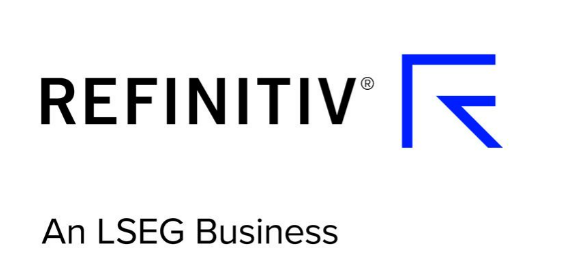- NATWEST GROUP
- 18 February 2021 10:58:57
Source: Sharecast
The former Royal Bank of Scotland will announce a gradual withdrawal from the Republic, where it trades as Ulster Bank and employs about 2.500 people, with annual results on Friday, the Financial Times said. Ulster Bank's business in Northern Ireland will not be affected.
Ulster Bank is Ireland's third-biggest lender with a €20bn loan book, 15% of the country's mortgage market and almost 20% of small business lending. NatWest has owned Ulster Bank since before the 1922 division of Ireland into the Republic and Northern Ireland, also known as Ulster.
NatWest has been examining options for the Irish business since 2020 and in September it was reported to be moving towards a wind-down after the Covid-19 crisis made reviving it more difficult. The bank could free as much as €1.6bn of capital by leaving the Republic, which requires lenders to have more capital than other markets, the FT said.
Ulster Bank's return on equity was 2.3% in 2019 compared with 9.4% for all of NatWest. The FTSE 100 bank is under pressure from Ireland's central bank and politicians to sell Ulster Bank's loans to active lenders. In October NatWest said it was not in talks to sell assets to Cerberus, a controversial vulture fund.
Diarmaid Sheridan, an analyst at Davy stockbrokers, told the FT: "Ulster Bank has a lot of surplus capital … Returning that to shareholders is a strategic imperative. Within banking circles in Dublin the belief is that some form of exit will be the conclusion."
London County and Westminster Bank bought Ulster Bank in 1917 and then went on to form NatWest. Royal Bank of Scotland bought London-based NatWest in 2000. Chief Executive Alison Rose adopted the NatWest name in 2020 to mark a split with RBS's troubled past after the bank nearly brought down the UK financial system.


